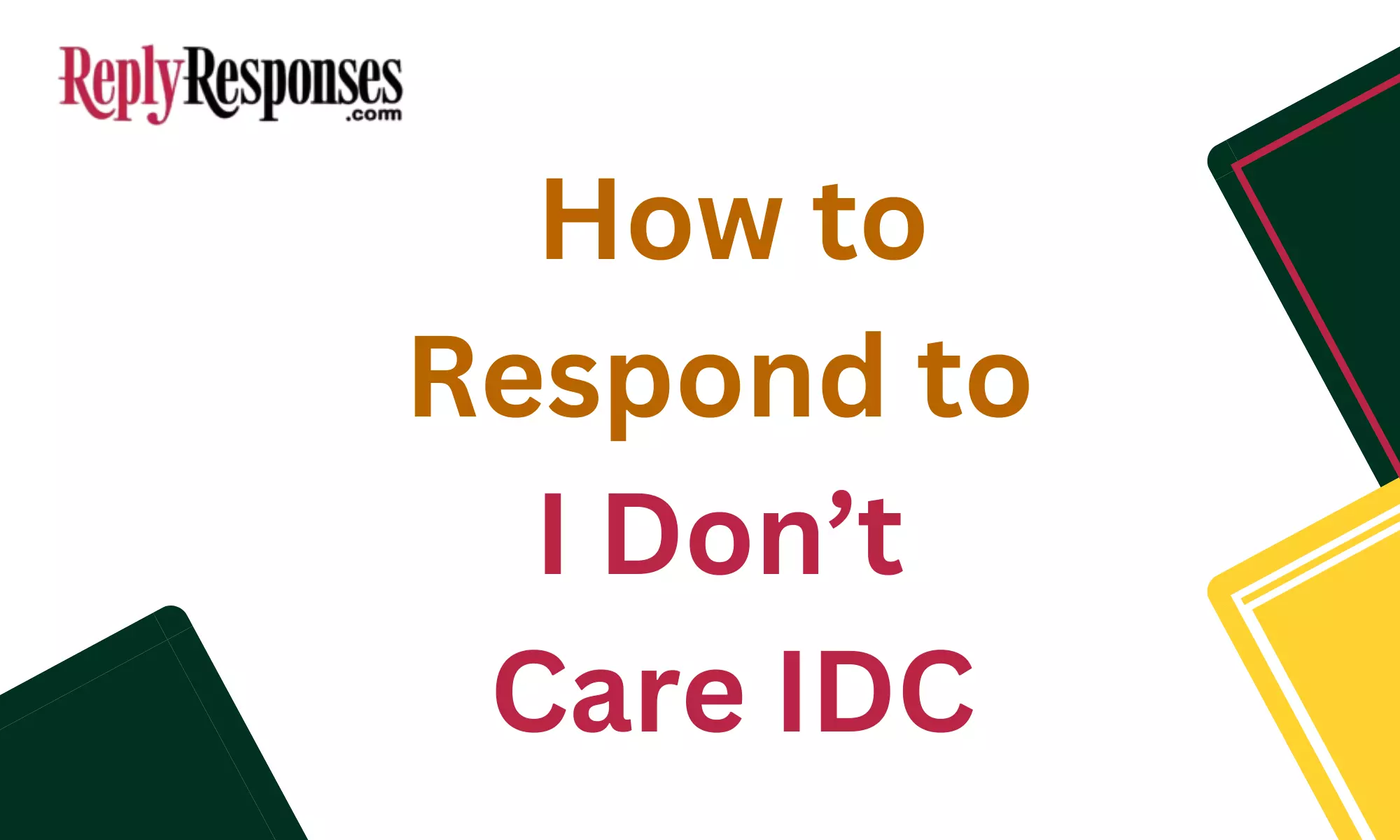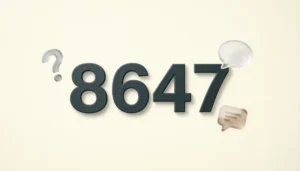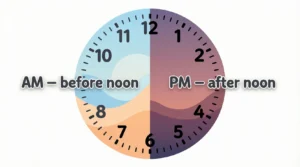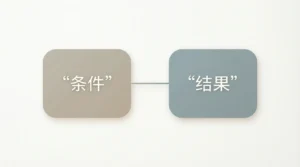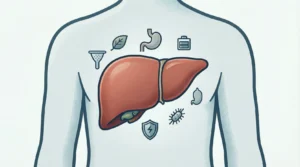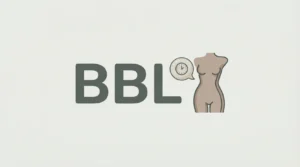When someone says “I don’t care” or “IDC” (I don’t care), it can sometimes come off as dismissive or nonchalant, depending on the tone. Your response should consider the context of the conversation and the person’s attitude.
“Wondering what to say when someone responds with ‘I don’t care’ or ‘IDC’? Check out these clever, calm, and empathetic replies to keep the conversation respectful and meaningful. Perfect for handling any vibe—whether casual or serious!”
Here are some ways to reply, ranging from playful to serious, depending on how you want to handle the situation.
1. “Well, I care enough for the both of us! 😄”
Scenario: Someone says “IDC” casually about where to go for lunch.
Response: “Well, I care enough for the both of us!”
Impact: This playful response lightens the mood and shows you’re taking the lead without making a big deal out of their disinterest.
2. “Noted! But I still think it’s important. 😊”
Scenario: You’re discussing a topic you care about, but the other person brushes it off with “IDC.”
Response: “Noted! But I still think it’s important.”
Impact: This polite yet firm response acknowledges their statement while still expressing your perspective, without confrontation.
3. “You may not care, but I do, and here’s why… 💬”
Scenario: During a conversation about plans or a serious issue, they say “IDC.”
Response: “You may not care, but I do, and here’s why…”
Impact: This assertive reply shows that you’re not backing down and want to share why the topic is important, opening up for more dialogue.
4. “No worries! I’ll handle it then. 👍”
Scenario: Someone dismisses a small task with “IDC,” like choosing where to eat or deciding on a plan.
Response: “No worries! I’ll handle it then.”
Impact: This simple and calm reply shows you’re okay with taking charge, and you won’t stress over their lack of interest.
5. “It’s cool, you don’t have to care about everything. 😎”
Scenario: They say “IDC” in a conversation about a topic they’re not interested in.
Response: “It’s cool, you don’t have to care about everything.”
Impact: This laid-back response keeps things lighthearted and acknowledges their indifference without creating tension.
6. “Fair enough. I’ll take care of it! 👌”
Scenario: Someone tells you “IDC” in response to something that needs a decision.
Response: “Fair enough. I’ll take care of it!”
Impact: You’re showing them that you’re fine with their indifference and will take responsibility, keeping things efficient and stress-free.
7. “Are you sure? Because I think it matters. 🤔”
Scenario: You’re in a more serious discussion, and they say “IDC.”
Response: “Are you sure? Because I think it matters.”
Impact: This response gently challenges their indifference, encouraging them to reconsider or engage in the conversation.
8. “Okay, but we still need to figure this out. 🤷”
Scenario: You’re making plans or decisions, and they say “IDC.”
Response: “Okay, but we still need to figure this out.”
Impact: This practical reply brings the focus back to what needs to be done, showing you’re moving forward without dismissing their indifference.
9. “That’s fine, but I want to make sure we’re on the same page. 📄”
Scenario: During a conversation about an important issue, they respond with “IDC.”
Response: “That’s fine, but I want to make sure we’re on the same page.”
Impact: This thoughtful response lets them know that even if they don’t care, you value the conversation and want clarity.
10. “Good to know! But just in case, I’ll handle it. 💼”
Scenario: Someone says “IDC” when it comes to a decision or responsibility.
Response: “Good to know! But just in case, I’ll handle it.”
Impact: You acknowledge their disinterest without letting it derail the conversation or task, keeping things efficient.
11. “That’s fair! But let’s talk about it just for a second. 🕰️”
Scenario: In a semi-serious conversation, they dismiss it with “IDC.”
Response: “That’s fair! But let’s talk about it just for a second.”
Impact: This balanced response shows you respect their feelings but still want to discuss the matter briefly, keeping it light but productive.
12. “Well, I care. So let’s find a middle ground. 🤝”
Scenario: You’re discussing plans or important matters, and they say “IDC.”
Response: “Well, I care. So let’s find a middle ground.”
Impact: This shows that their indifference doesn’t mean you’ll let the issue slide, offering a compromise or a solution that benefits both.
13. “Alright, you don’t have to, but I’m still here if you change your mind. 🙌”
Scenario: Someone responds with “IDC” when it comes to talking about something emotional or personal.
Response: “Alright, you don’t have to, but I’m still here if you change your mind.”
Impact: This compassionate response lets them know you respect their stance but will be available if they want to talk later.
14. “That’s okay! We all have our ‘IDC’ moments. 😅”
Scenario: During a light conversation, someone says “IDC” casually.
Response: “That’s okay! We all have our ‘IDC’ moments.”
Impact: This reply acknowledges their indifference while keeping the tone light and playful, showing you’re not taking it personally.
15. “Alright, noted! Let’s move forward then. 🏃♂️”
Scenario: Someone says “IDC” during a discussion about work or planning.
Response: “Alright, noted! Let’s move forward then.”
Impact: This straightforward response shows you’re fine with their indifference and ready to move ahead efficiently.
16. “Cool, but I still think it’s worth talking about. 🧐”
Scenario: A person says “IDC” during a conversation about something you think is important.
Response: “Cool, but I still think it’s worth talking about.”
Impact: This keeps the conversation open, showing you respect their opinion but still believe the topic deserves attention.
17. “I get it! But we’ve gotta figure this out together. 🙌”
Scenario: They say “IDC” when trying to make plans or decide on something important.
Response: “I get it! But we’ve gotta figure this out together.”
Impact: This encouraging response emphasizes teamwork, ensuring that even if they don’t care, they still have a role to play.
18. “You don’t have to care, but it matters to me! ❤️”
Scenario: In a heartfelt conversation, they say “IDC” about something you’re passionate about.
Response: “You don’t have to care, but it matters to me!”
Impact: This sincere response shows you’re emotionally invested, even if they’re not, and invites them to reconsider.
19. “Let’s just roll with it then! 🚀”
Scenario: Someone says “IDC” during a casual discussion or planning.
Response: “Let’s just roll with it then!”
Impact: This laid-back, go-with-the-flow response keeps things fun and light, allowing the conversation or task to move forward without overthinking.
20. “Alright, but don’t be surprised when I make a great decision! 😏”
Scenario: They say “IDC” when making a choice, like picking a movie or deciding on plans.
Response: “Alright, but don’t be surprised when I make a great decision!”
Impact: This playful and confident reply shows you’re ready to take charge and make a decision they’ll appreciate later.
FAQs
What are some calm ways to respond to “I don’t care”?
- Provides neutral replies to keep the conversation steady.
How can I respond if I feel hurt by “I don’t care”?
- Suggestions for expressing your feelings without escalating the situation.
What should I say if I want to understand why they feel that way?
- Tips for asking questions to get to the root of their indifference.
How can I respond if I don’t care much either?
- Light responses that match their tone without dismissing the conversation.
What are some humorous replies to “I don’t care”?
- Playful comebacks that add a bit of levity to a dismissive response.
How should I reply if they say “I don’t care” in a heated moment?
- Ideas for de-escalating the situation and redirecting the conversation.
What can I say to express my point if they seem uninterested?
- Ways to state your view clearly, even if they seem indifferent.
How can I handle “I don’t care” in a professional setting?
- Professional responses for maintaining respect and focus.
What are some empathetic replies to “I don’t care”?
- Compassionate responses to show you’re open to understanding their feelings.
Why might someone say “I don’t care,” and how should I respond?
- Explains possible reasons behind the response and ways to navigate it thoughtfully.

Welcome to ReplyResponses.com, your go-to hub for quick, witty, and clever replies for every situation! Whether you’re looking to spice up your chats, craft the perfect comeback, or make your messages stand out, we’ve got you covered. From funny one-liners to smart responses, our platform helps you communicate with confidence and flair. Get ready to never run out of words again—because every conversation deserves the perfect reply!
